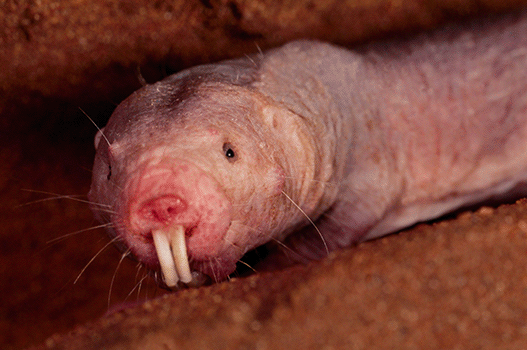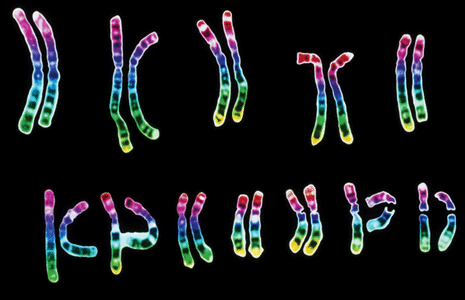Your Dog May Be A Superhero!
Thursday, March 17th, 2016March 17, 2016

A Bernese mountain dog; whether sensing low blood sugar or finding humans who are lost in the mountains, dogs use their sense of smell as an amazing tool. Credit: © Shutterstock
Doctors took notice recently when news agencies reported on a Los Angeles boy with diabetes. His life was saved by a nose – his dog’s nose! Even though many details are not fully understood, it is well-known that a dog’s amazing ability to sniff out certain scents could be a real lifesaver. Now, medical experts are starting to study how dogs’ amazing sense of smell may help to diagnose and support people with a variety of health conditions.
The life-saving Labrador retriever was specially trained to help a family monitor their son’s blood-sugar level by smell, and to then alert other members of the family when it became dangerously high or low. People with diabetes, a disease that disrupts the body’s ability to use a sugar called glucose, often need insulin pills or injections several times a day to maintain near-normal blood-glucose levels. But, among people with diabetes, hypoglycemia may occur if they get too much insulin. Hypoglycemia can cause brain damage and even death if it is severe and untreated. On a recent night, the boy experienced a dangerous drop in blood sugar as he slept. But the clever pooch was trained to alert the boy’s parents, who came to the rescue.
Smell is the dog’s superpower. With more than 40 times more scent receptors compared to humans, dogs can smell thousands of odors that the human nose is unable to detect. Some scientists believe the dog’s supreme sense of smell is so sensitive that it can detect tiny biochemical changes (changes caused by chemicals used by living beings, such as animals or plants) that occur in the human body. Some of these changes, such as in the level of certain hormones or other chemicals in the blood, are associated with certain diseases and disorders. In some studies, dogs have been trained to sniff out unique scents associated with several types of cancer in humans, including skin cancer, breast cancer, and bladder cancer. Other dogs are trained to recognize subtle clues to indicate a person is about to experience a seizure, due to epilepsy or other conditions. Several organizations in the United States and other countries are currently training dogs to recognize different scents and other clues related to a person’s health.
Scientists do not yet know exactly how some dogs seem to be able to detect changes in a person’s health. They have not identified any specific chemical changes that the dogs are picking up among the many biochemical compounds that change in health and disease. Some experts think that dogs may be picking up subtle visual cues associated with various health conditions. Domestic dogs have lived with people as pets for more than 10,000 years, longer than any other animal. Over thousands of generations, these naturally social animals have learned to pay close attention to body language and other clues in order to live happily and successfully with their families.
It is well-known that the companionship of a dog can contribute to a person’s general well-being. Scientific studies have shown that petting a dog slows the heart rate and lowers the blood pressure of the person who is doing the petting. In the future, your pet dog may become an important part of your overall healthcare.
Cats, the ball is now in your court!




